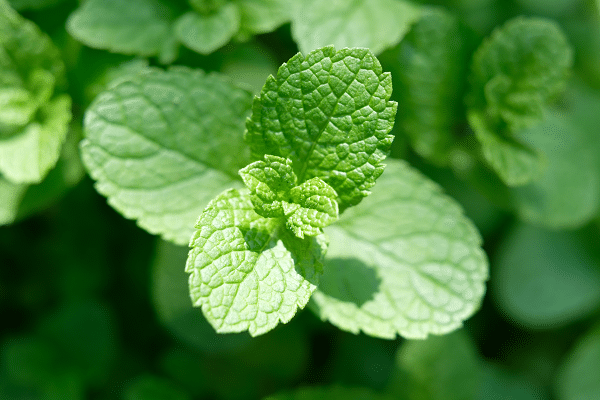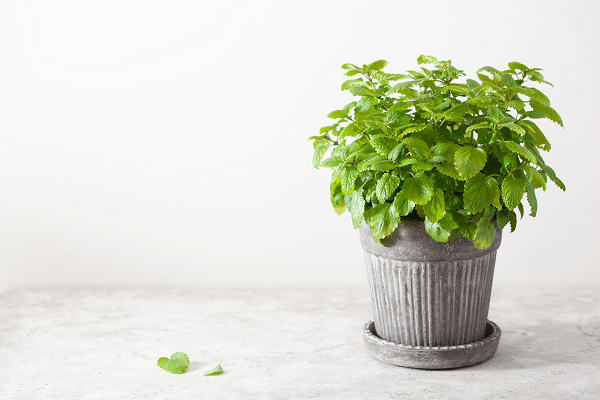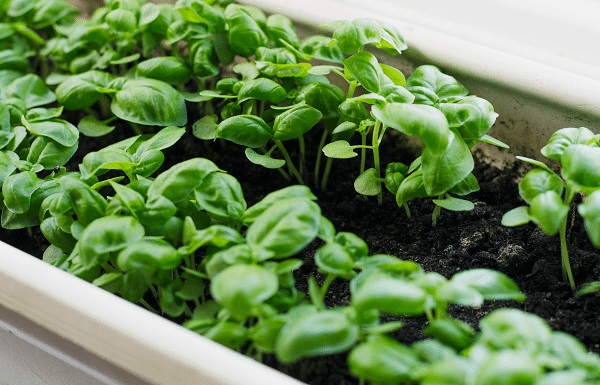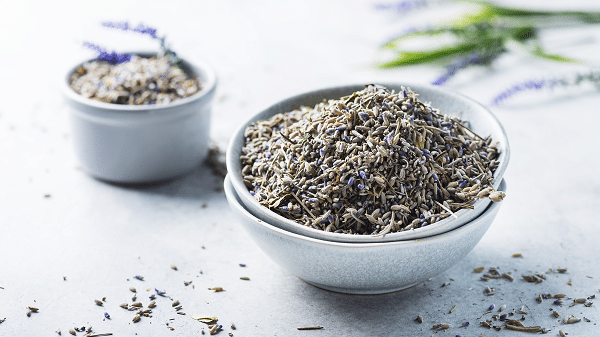Herbs are an excellent addition to any garden, regardless of the climate. There’s a variety of herbs that can be grown in any climate that come with various benefits. You can use herbs for cooking, medicinal purposes, or for aesthetic value. If you’re looking to add herbs to your garden, below is a list of herbs you can grow in any climate.
Contents
Rosemary
Rosemary is a hardy herb that can thrive in any climate, making it an excellent choice for both beginning and experienced gardeners. Native to the Mediterranean, rosemary is tolerant of hot, dry summers and cold, wet winters. It can be grown annually in colder climates or as a perennial in zones 8-10. It is also relatively low-maintenance, requiring only occasional pruning to keep it healthy.
Rosemary also has many other benefits. It’s an excellent companion plant, repelling pests such as cucumber beetles and carrot flies while attracting bees and other pollinators. It’s also a beautiful addition to the garden, with delicate blue flowers and deep green leaves. So whether you’re looking for an easy-to-grow herb or a plant that will add some visual interest to your garden, rosemary is a great choice.
Mint
Fresh mint is a versatile herb that can add a zesty flavor to salads and soups, cocktails, and desserts. And the best part is that mint is incredibly easy to grow, regardless of your climate. If you’re thinking about adding mint to your garden, there are a few things to consider.
First, mint tends to spread rapidly, so it’s best to plant it in a pot or raised bed where you can contain it. Second, mint prefers moist soil, so water it regularly. And finally, mint is a relatively shade-tolerant plant, so it’s a good choice for gardens with limited sunlight.
Whether you’re a seasoned gardener or a complete novice, mint is a great herb to add to your garden. Once established, mint is an incredibly hardy plant that requires very little care. Mint can become invasive if left unchecked, so give it plenty of room to spread out.
Lemon Balm
Lemon balm (Melissa officinalis) is a member of the mint family known for its appealing lemon scent and flavor. In addition to its pleasant aroma, lemon balm has many benefits. You can use it to soothe an upset stomach, relieve anxiety, and even repel mosquitoes. This herb is easy to grow and can thrive in various climates, making it a great addition to any garden.
When planting lemon balm, give it plenty of room to spread, as this herb can become quite invasive. Lemon balm will make a welcome addition to any garden with a bit of care.
Basil
If you’re looking for an herb that can grow in any climate, basil is a great option. This delicious and versatile herb thrives in warm weather and can tolerate cooler temperatures. Basil is relatively easy to care for and doesn’t require much attention.
In addition, basil is resistant to many common diseases that can affect other herbs. For example, it is not susceptible to fusarium wilt, a fungal infection that often affects tomatoes. However, it does need well-drained soil and plenty of sunshine.
Whether you’re a seasoned chef or a beginner cook, basil is an herb that you’ll want to have in your kitchen. When harvesting basil, cut the stems back by about half. Cutting the stems back will encourage the plant to produce more leaves. Basil can be used fresh or dried and is an excellent addition to many different dishes.
Lavender
Lavender is a versatile and hardy herb that can be grown in any climate. The plant has deep roots, which help it to withstand strong winds. It is drought tolerant and can prosper in both full sun and partial shade.
In addition, lavender is resistant to most pests and diseases. As a result, it is an ideal herb for gardeners who want to add a splash of color without worrying about upkeep. Lavender also has a wide range of uses.
You can use this flower to make tea, potpourri, or sachets. The oil from the plant can be used for aromatherapy or as a natural insect repellent. And the dried leaves make a great addition to any culinary dish. With so much to offer, it is no wonder that lavender is one of the most popular herbs around.
Oregano
Oregano is a popular herb that can be grown in virtually any climate. It is particularly well suited for colder regions, as it grows best in cooler weather with plenty of sunshine. Oregano requires minimal maintenance, thriving in soil with low moisture and nutrients. However, this herb can withstand extremely hot or cold temperatures.
Oregano has a robust flavor that can enhance recipes of all kinds. Moreover, this easily grown plant tends to self-seed quite readily, producing a steady supply of fresh oregano yearly. With so many benefits to adding this versatile herb to your garden, there is no excuse not to grow some oregano today!
Thyme
Look no further than thyme if you’re looking for a versatile herb to add to your garden. This herb is known for its hardy nature, meaning that it can thrive in just about any climate. Its distinctive flavor pairs perfectly with many different foods, from roasted vegetables to fragrant meat dishes. Whether you live in a hot, sunny region or a cold and rainy one, thyme will grow well and produce plenty of leaves for you to use.
In addition to being resilient, thyme also has some beneficial properties. It’s high in nutrients like vitamins A and C and Manganese, making it great for your garden and health. And with so many different varieties available, there’s sure to be one that suits your specific needs. Whether you’re looking to beautify your yard or boost your health, thyme is a perfect choice!
Sage
Sage is a fantastic herb that you can use in various dishes, from savory sauces to hearty stews. It is also one of the few herbs that can thrive in any climate, making it an excellent choice for gardeners worldwide. Sage is relatively easy to care for and only needs watering once or twice a week. It also does not require much fertilization, making it a low-maintenance option for busy gardeners.
If you are looking for an herb that can add flavor to your cooking, sage is excellent. In addition, sage is a perfect choice for attracting bees and other pollinators to your garden. By planting sage, you can help to ensure a healthy population of these essential creatures.
Which Herbs Are You Going To Grow?
Many herbs can be grown in any climate, making them ideal for gardeners in all parts of the world. Basil, lavender, oregano, thyme, and sage are just a few herbs that are versatile and easy to grow. With so many benefits to adding these herbs to your garden, there is no excuse not to give them a try!







